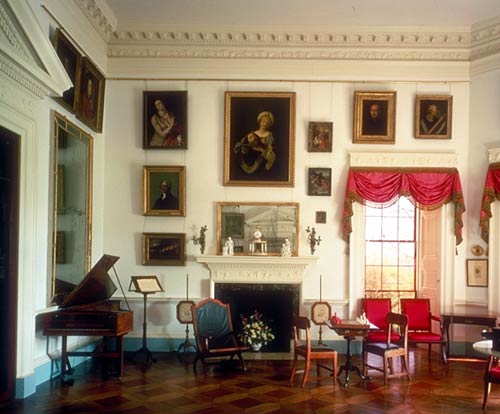Mutual Aid & Social Evolution: Kropotkin
The theory of natural selection holds that only the most well-adapted individuals in a population will survive and reproduce. Because these successful individuals pass on their adaptive advantage to their offspring, the cumulative effect of this process over many generations is the adaptation of the entire population to its environment. Spencer coined the phrase “survival of the fittest” to describe the competition among human individuals and groups. He argued that human progress resulted from the triumph of more advanced individuals and cultures over their inferior competitors. Wealth and power were seen as signs of inherent “fitness,” while poverty was taken as evidence of natural inferiority. In the late 19th and early 20th centuries, social Darwinism was used to argue for unrestrained economic competition and against aid to the “unfit” poor. The theory was also used to justify racist and imperialist policies in Europe and the
However, as professor Peter Halsall
Man is no exception in nature. He also is subject to the great principle of Mutual Aid which grants the best chances of survival to those who best support each other in the struggle for life. [CHAPTER IV]
Sociability and need of mutual aid and support are such inherent parts of human nature that at no time of history can we discover men living in small isolated families, fighting each other for the means of subsistence. On the contrary, modern research, as we saw it in the two preceding chapters, proves that since the very beginning of their prehistoric life men used to agglomerate into gentes, clans, or tribes, maintained by an idea of common descent and by worship of common ancestors. For thousands and thousands of years this organization has kept men together, even though there was no authority whatever to impose it. It has deeply impressed all subsequent development of mankind; and when the bonds of common descent had been loosened by migrations on a grand scale, while the development of the separated family within the clan itself had destroyed the old unity of the clan, a new form of union, territorial in its principle--the village community--was called into existence by the social genius of man. [CHAPTER V]Each time, however, that an attempt to return to this old principle [of Mutual Aid] was made, its fundamental idea itself was widened. From the clan it was extended to the stem, to the federation of stems, to the nation, and finally--in ideal, at least--to the whole of mankind. [“CONCLUSION”]
I think this perspective supports the democratic philosophy I’ve proposed here. Competition can and does exist within communities, but it has to have community approval, has to follow community rules, and has to produce overall benefits for the members of the community. Otherwise, competition within the community will undermine the purpose of the community, which is to provide that Mutual Aid we need to enhance the probability of our survival….as individuals, families, nations, and ultimately as the global community of humankind.




0 Comments:
Post a Comment
<< Home